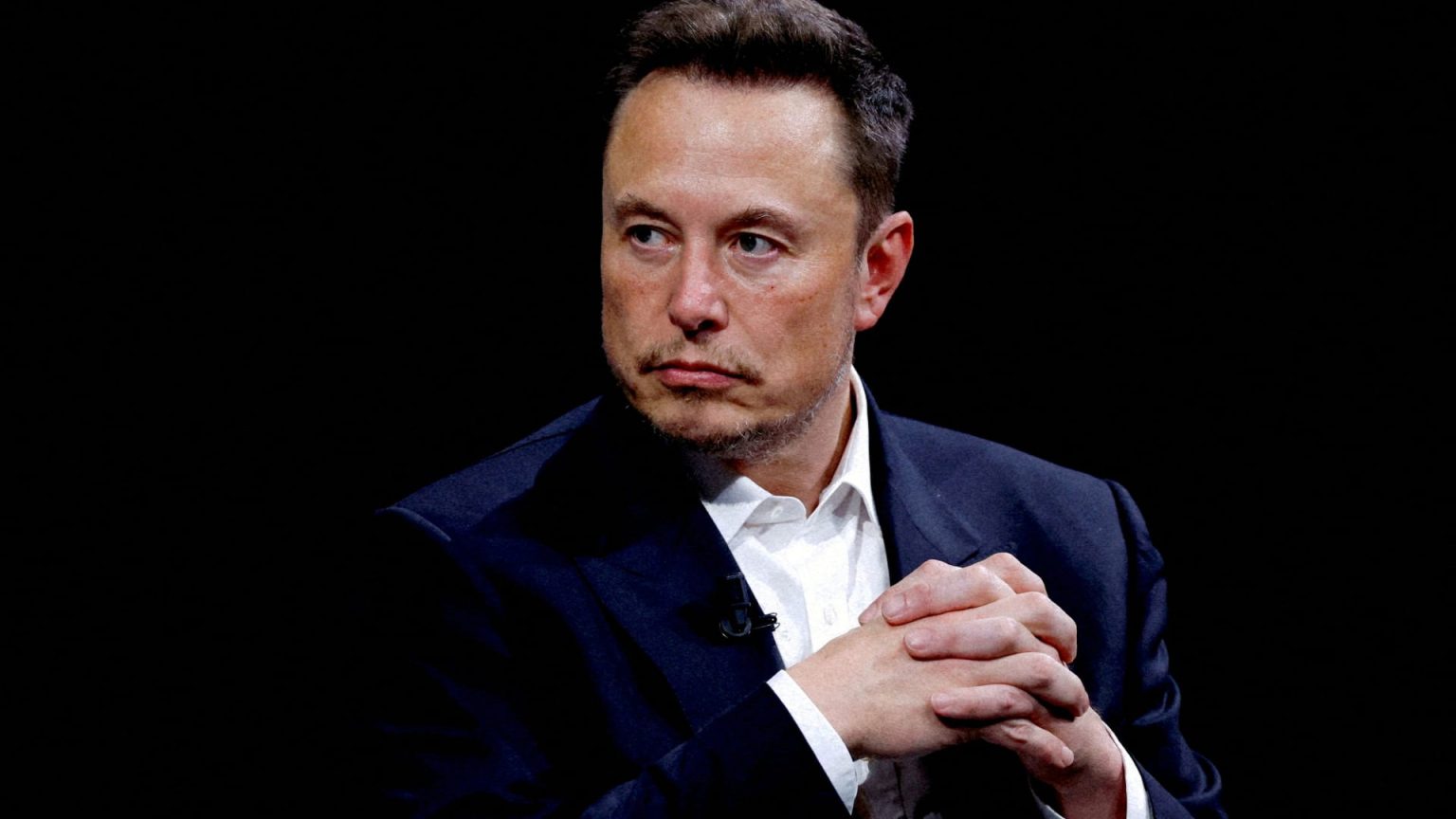Tesla reported a 9% drop in revenue in the first quarter, the biggest decline since 2012, and missed analyst estimates, as the company faces the impact of ongoing price cuts. The stock rose in after-hours trading after CEO Elon Musk stated that production of new affordable EV models could start earlier than expected. Compared to Wall Street’s expectations, Tesla reported adjusted earnings per share of 45 cents versus the expected 51 cents, and revenue of $21.30 billion versus $22.15 billion. Revenue fell from $23.33 billion in the previous year and $25.17 billion in the fourth quarter, with net income dropping 55% to $1.13 billion.
The drop in sales was more severe than in 2020, which was due to production disruptions during the Covid-19 pandemic. Tesla’s automotive revenue declined 13% year over year to $17.38 billion in the first three months of 2024. Musk announced plans to start production of new models sooner than expected, with a possibility of production beginning in late 2025 or early 2025. Tesla is also in discussions with a major automaker to license its driver assistance system, marketed in the U.S. as Full Self-Driving (FSD). The company presented a bleak outlook for 2024, stating that the volume growth rate may be notably lower than achieved in 2023.
Before the 11% increase in after-hours trading, Tesla shares had fallen more than 40% in the year, reaching their lowest point since January 2023. Concerns about weak deliveries, competition in China, and the company’s price cuts contributed to the decline. Tesla reported 8.5% lower year-over-year vehicle deliveries in the first quarter. The company is accelerating the launch of new vehicles, including more affordable models to utilize current manufacturing lines fully and achieve over 50% growth in production before investing in new facilities. Tesla showcased screens of a robotaxi-based ride-hailing service as part of its plans for the future.
Sales growth in the EV sector is slowing, leading Tesla and its rivals to cut prices in an attempt to boost demand. Gross profits for Tesla fell 18% in the first quarter, partly due to price cuts. Operational challenges, such as Red Sea supply chain disruptions, were discussed, with Musk mentioning expectations for a better second quarter. Tesla recognized deferred revenue from the earlier sale of its FSD option, estimating up to $700 million from FSD in the quarter. Capital expenditures rose to $2.77 billion, up 34% from the previous year, with free cash flow turning negative at $2.53 billion.
Tesla’s energy division revenue rose by 7% to $1.64 billion, while services and other revenue increased by 25% to $2.29 billion compared to the same period in the previous year. Musk was asked about his future plans, given his multiple responsibilities, but did not provide a clear answer. He emphasized his dedication to Tesla’s success and stated that he devotes the majority of his time to work. Martin Viecha, vice president of investor relations, announced his departure from Tesla after seven years, with Musk thanking him at the end of the earnings call.


